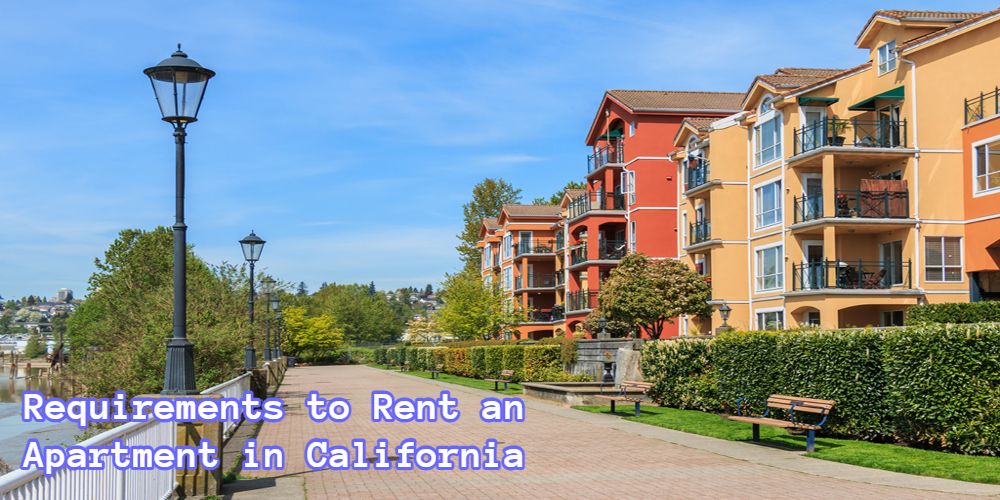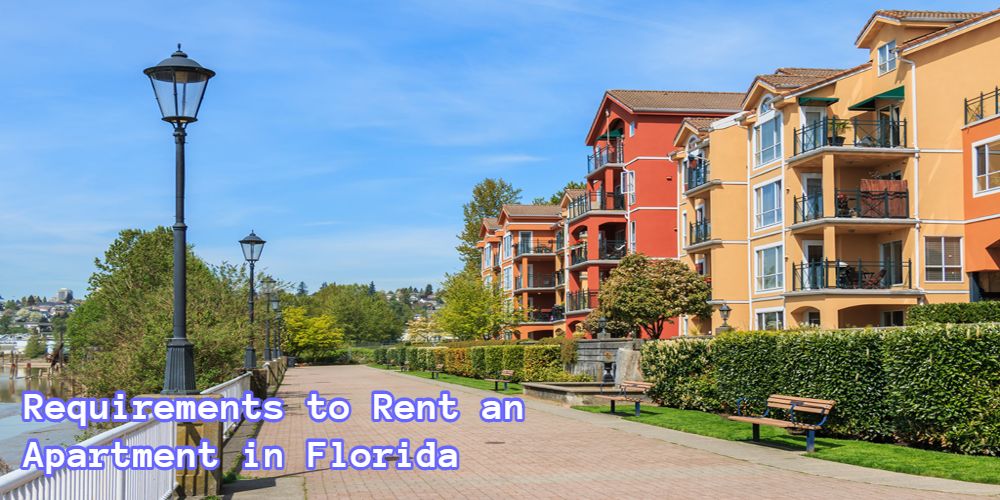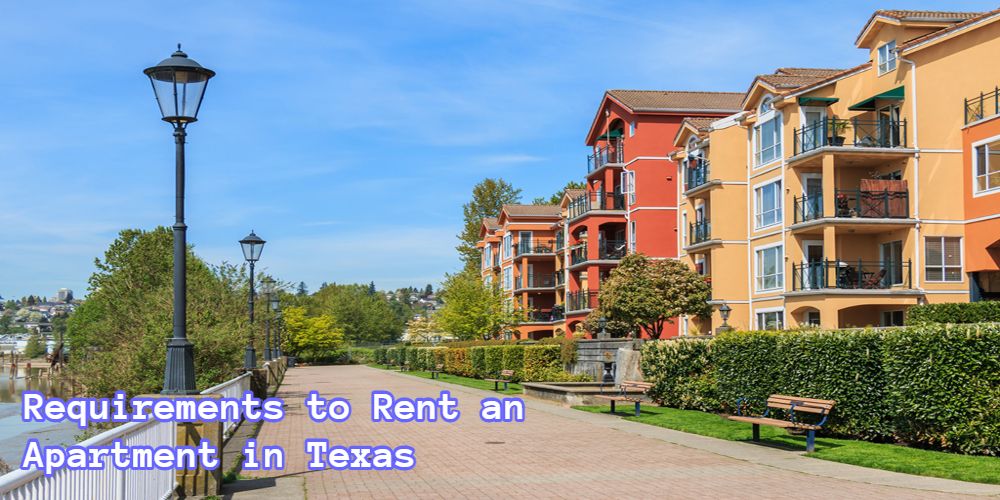Last Updated on March 18, 2024 by Kelvin Nielsen
California law (CA Civil Code 1940-1954.06) grants tenants the right to live in a habitable rental property. That is, a property that meets the basic health, safety, and building codes.
The state’s implied warranty of habitability requires landlords to, among other things, provide adequate heating as well as hot water in rental units.
In this blog, we’ll go over everything you need to know when it comes to California residential heating requirements.
California Residential Heating Requirements
The following are answers to commonly asked questions regarding the topic.
What rights do tenants have for having no heat in California?
As already mentioned, California tenants have a right to heat in their rental premises. (California Civil Code Section 1941.1(a)(3)).
If your landlord isn’t able to do so, you may be able to exercise any of the following legal rights.
- Withhold rent until the landlord fixes the heating problem in your unit.
- Repair the problem yourself and then deduct the cost of repairs from future rent payments.
- Break the lease without penalty.
- Sue the landlord for any resulting damage.
That said, before exercising any of those legal options, make sure you have done the following things. The first step is to notify the landlord of the lack of heat in your unit. Be as polite and professional as possible.
Next, give your landlord time to remedy the problem. In California, landlords have up to 30 days to fix a habitability issue.
If the landlord fixes the issue within 30 days, great! However, if they are not able to, you may be in the clear to exercise the legal rights aforementioned.
Related Post: Free Legal Advice for Tenants in California: Know Your Rights
How long does a landlord have to fix heat in California?
As already mentioned, California landlords must make requested repairs within 30 days. Now, there are many things that might cause your HVAC not to heat your home. They include:
- Dirty air filter
- Clogged or blocked ducts
- Burner problems
- Low refrigerant levels
- Faulty thermostat
- Motor problems
What is the legal temperature for a tenant in California?
The heat your HVAC produces must be able to maintain the minimum room temperature of 70 degrees Fahrenheit at a point 3 feet above the floor in all habitable rooms.
Does California require Air Conditioning for renters?
No! The state’s implied warranty of habitability doesn’t require landlords to provide air conditioning in rental units.
However, if your landlord provides it anyway and it stops working as well, they must repair the issue within 30 days. There aren’t any specifications on who must conduct the repairs, just that the repairs must be completed within 30 days.
What rights do tenants have when there is no hot water in California?
The California residential heating requirements also obligate landlords to provide hot water to tenants.
Whereas the minimum heating requirement is set at 70 degrees Fahrenheit, the minimum temperature for hot water is 120 degrees Fahrenheit. This is in accordance with Section 114192 of the California Health and Safety Code.
The code states that landlords must provide hot water at a minimum temperature of 120 degrees Fahrenheit measured from the faucet.
And again, you have a right to request the landlord to make repairs when there is no hot water in your unit. The landlord will have 30 days to complete the repairs, failure to which you may exercise certain legal rights.
Can I withhold rent for no hot water in California?
Yes! If you notify the landlord that you don’t have hot water and they don’t fix the issue within 30 days, you may be able to withhold rent until they make the fixes.
Other legal options you may have include the following.
- Suing the landlord for any damages you incur during the period you don’t have hot water.
- Terminating the lease without penalty.
- Repairing the issue yourself and then making appropriate deductions to future rent payments.
What is considered uninhabitable living situations for a tenant in California?
The following are examples of conditions that can make your rental property uninhabitable in California.
- Lack of heat or hot water.
- Leaky faucets.
- Exposed electrical wiring or fixtures.
- Pest infestations, like bedbugs, rodents, and cockroaches.
- Mold and mildew.
- Structural damage, like holes in walls or floors.
Here is a comprehensive guide on uninhabitable conditions in California.
Are apartments in Los Angeles required to have heat?
Yes! California Civil Code Section 941.1(a)(3) applies to the entire state, whether living in Los Angeles, San Francisco, Long Beach, Sacramento, San Jose, Oakland, or any other part of California.
Conclusion
California law requires landlords to provide heat and hot water in rental properties. In addition, they must also make repairs within 30 days of being notified of the lack of heat or hot water in rented units.
Disclosure: The content herein isn’t a substitute for advice from a professional attorney. It’s only meant to serve educational purposes. If you have a specific question, kindly seek expert attorney services.
Sources: https://law.justia.com/codes/california/2021/code-civ/division-3/part-4/title-5/chapter-2/section-1946-2/, https://www.nolo.com/legal-encyclopedia/overview-landlord-tenant-laws-california.html, https://leginfo.legislature.ca.gov/,

Hi, I’m Kelvin Nielsen, an experienced landlord and accomplished real estate lawyer. My focus is on answering your questions about renting in the hopes of making your life as a renter or a landlord a bit easier.








So when it’s in the 40s at night and the heating system is not working, we are supposed to freeze for up to 30 days?
No, in this case it’d be considered an emergency and your landlord would need to fix it as soon as possible, usually within 48 hours.
What if my slumlord has often ignored my requests to fix the AC and heater and obstructed air ducts for many months? Can I require that he reimburse part of my rent during these “uninhabitable” months wheras the temperatures inside my home are below what is required by California law?
Hi! What is the source for the 70 degree in all habitable rooms requirement?
There is a gas heater in my apartment that doesn’t have a thermostat at all, meaning it won’t turn off unless manually switched off. This is super inconvenient (can’t really use the heater at night) but also likely a fire hazard. Is this a building code violation issue?